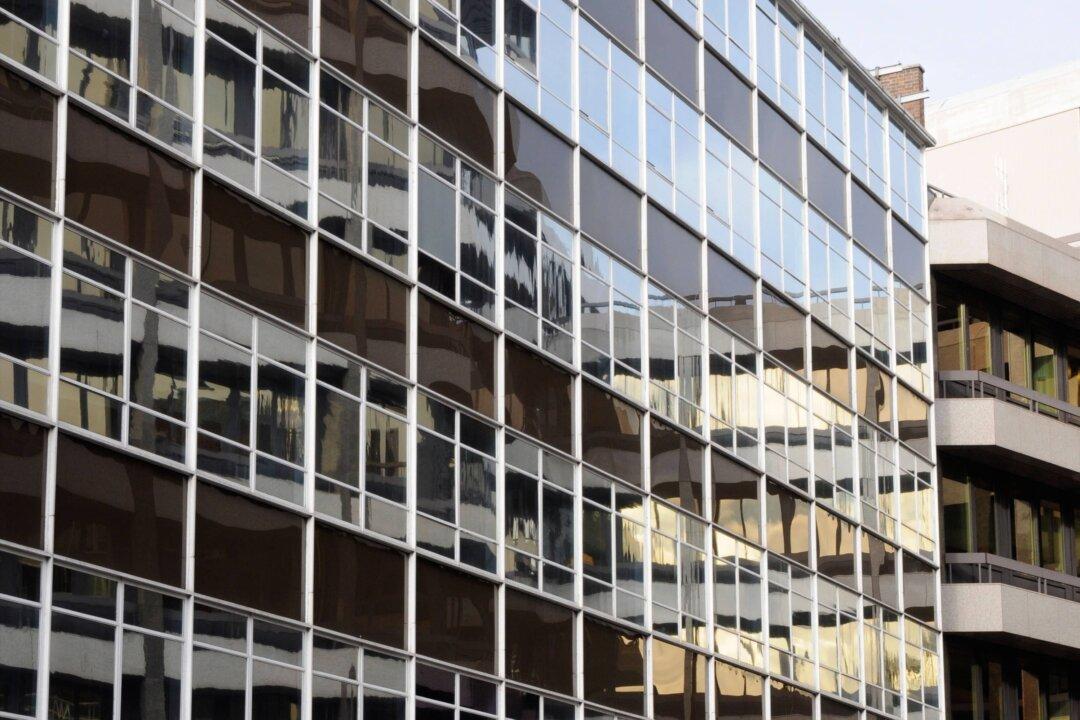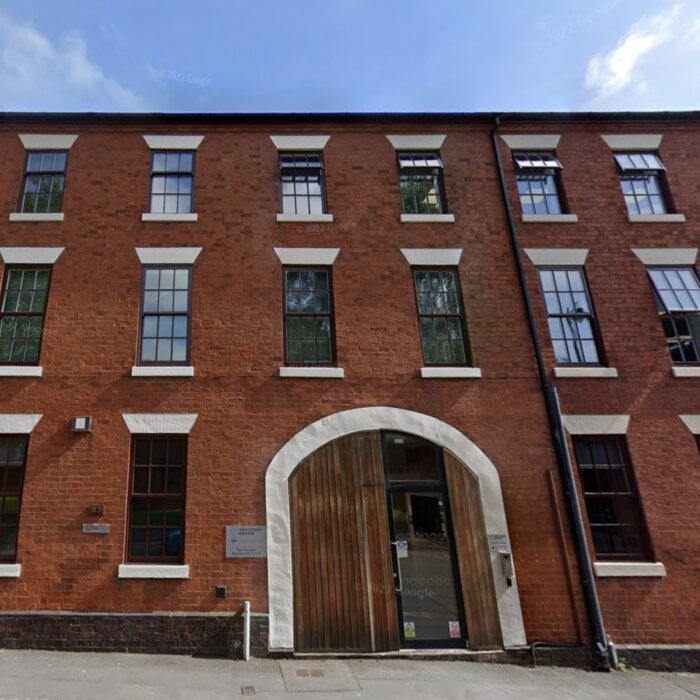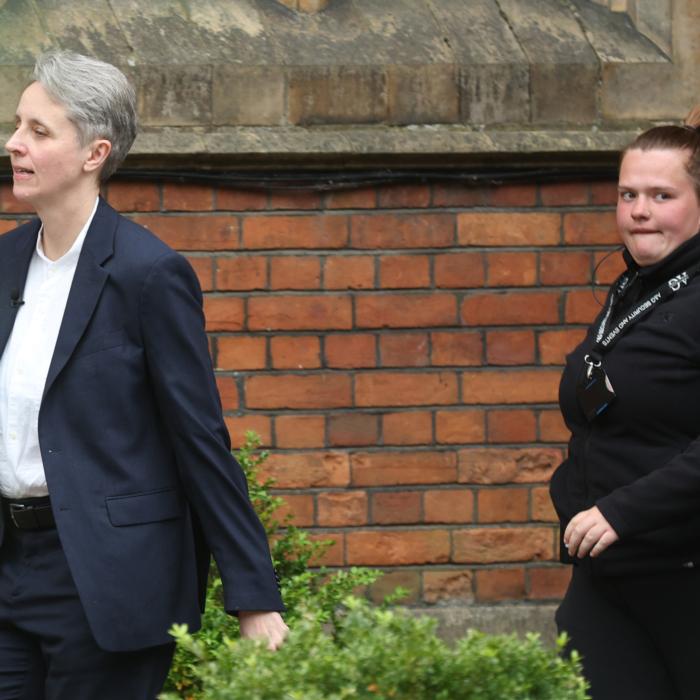Arts Council England updated its guidance for arts organisations on Wednesday following fears that the public body would withdraw funding over artists’ political views.
The council recommended ways organisations can mitigate reputational risks, but it also warned against activities that may be perceived as affecting “those with protected characteristics or beliefs.”
The guidance is for organisations wishing to apply for funding under the Arts Council’s £458.5 million-per-year investment programme for 2023–2026.
The documents warned that reputational risk “can be generated ... by staff and other individuals associated with the organisation acting in a personal capacity” and can include statements about matters of current political debate.
Following accusations that the Arts Council was trying to censor freedom of expression, the council said the language it had used was “open to misinterpretation,” and pledged to update it “as soon as possible.”
In updated guidance, the Arts Council said: “We expect all organisations we invest in to support freedom of expression. We see this as essential for a thriving cultural sector in this country.
“This framework is intended to support artistic freedom, by helping organisations identify, plan for, and respond to risks; avoid self-censorship; and tackle difficult subjects with clarity and confidence.
“The Arts Council will not remove or refuse funding to an organisation or an individual purely because they make work that is political.”
The Arts Council said it’s still “important” for organisations to consider reputational risk, which is one of the factors the council monitors in its funding considerations.
The guidance defines reputational risk as “negative or damaging reactions towards your organisation from the press, public, and partners, as a result of any work you present, activity you undertake, or decisions you make.”
It added that the risk “can sometimes be generated by the actions of individual staff members or others who have an association in the public’s mind with your organisation, as well as by the organisation itself” because of the nature of social media and online interaction.
The risks may lead to “the cancellation of work, loss of income, loss of partnerships and employment opportunities, and mental health impacts on your staff, and others associated with your organisation,” it warns.
The council said reputational risk to an organisation it invests in “can also result in reputational risk to the Arts Council,” and raise questions about why it has awarded public money to support the organisation.
However, the council said it will be able to provide support as long as it’s “confident” an organisation has “a good risk management strategy in place.”
The council said identifying reputational risks “is not about shying away from producing challenging work or avoiding difficult subjects.”
It said organisations shouldn’t attempt to constrain employees’ or partners’ right to express their personal views, but it’s “good practice” to “maintain a clear and up-to-date social media policy that makes explicit the distinction between individuals speaking in a personal capacity, and on behalf of your organisation.”
However, the council also warned against activities that are perceived as divisive.
Reputation risk may “arise from the way in which the activity in question is perceived by a particular community,” the guidelines say.
Citing its public sector equality duty, the Arts Council said it will “want to understand how you are managing reputational risk in situations where those with protected characteristics or beliefs might be affected.”







